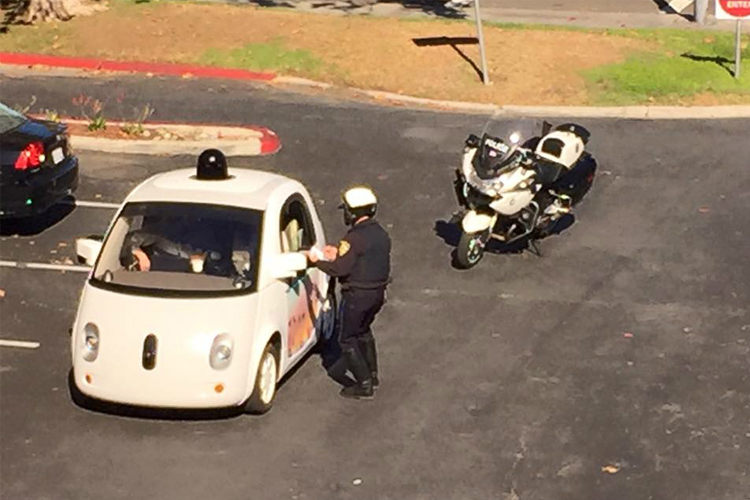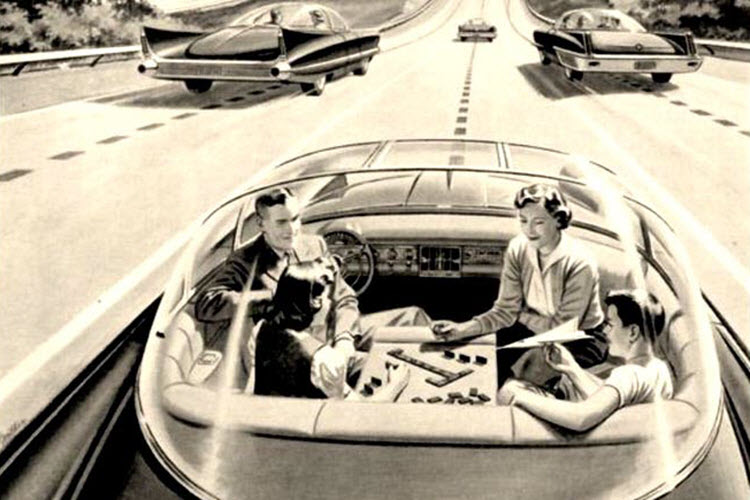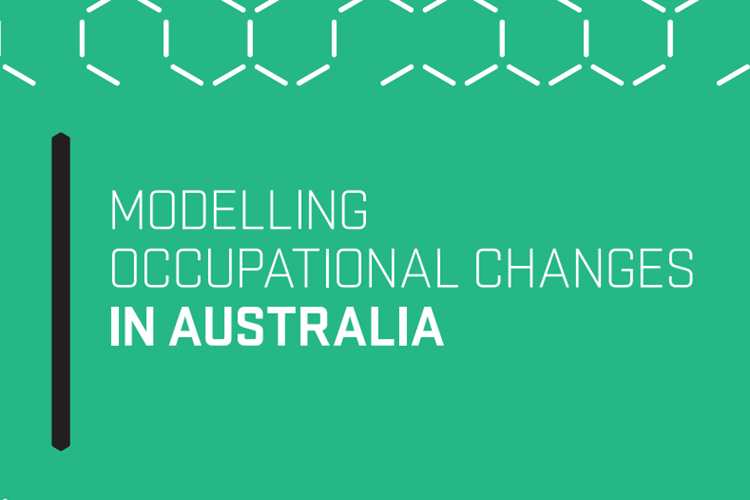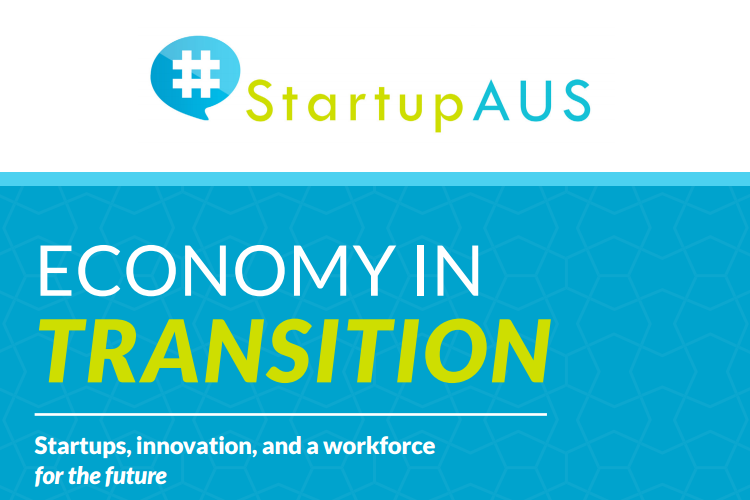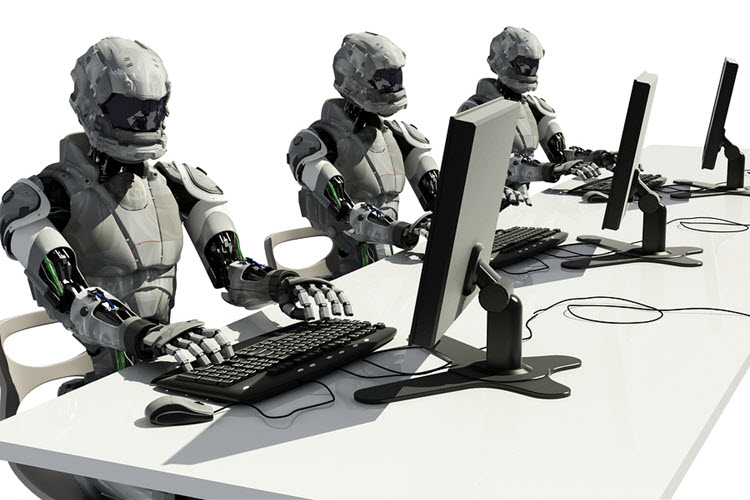Several years ago Google mentioned it was going to create a self driving car. Fast forward to mid last year and Uber rolled out 100 self driving cars in Pittsburgh after only setting up their Advanced Technologies Center (ATC) a year and a half beforehand.
So what are the major ramifications of driverless cars anyway? How life changing could it be?
For our children and anyone who happens to care about the planet, driverless cars actually do the job better than humans. The reality is that in a not too distant part of the future that driving by humans might actually be outlawed. Car accidents kill over 1.3 million annually, let alone the number of injuries. Cars don’t text or use their iPhone while they drive, don’t drive when drunk, and have a slew of sensors that give them super human abilities to not only see what is going on with a 360° vision, but have radar, lasers, networked maps and an ability to see traffic congestion for large distances.
On the downside you can think that facial recognition will allow massive intrusion for non conforming people. It might likely reduce ancillary crime in the same way that street and CCTV cameras seem to be able to catch someone up to no good. Perhaps too much of an Orwellian society for some. On the other side, self-driving cars could identify and track any pedestrian in sight and ensure no pedestrian fatalities.
We’ve already seen a massive shift in ownership. It would be interesting to see if the new generation actually want to own a car. Probably not. This is the sharing generation.
In terms of revenue earnings, there are going to be a lot of unhappy government bodies. No car parking fees as the cars move efficiently from one place to another. No red light or speeding tickets for the police revenue.
In fact, there will probably be a massive shift for the police away from street work and into other work. Truck drivers won’t work the long hours. Trucks can work 24/7. So can cars and taxis. There won’t be health issues associated with driving long hours, nor will there be compliance departments required to monitor the hours. We mentioned this in previous blogs.
Technology is bringing us to a world where there will be fewer jobs than there are people. Future generations will think of human drivers the same way as we now think of town criers or elevator operators.
As Tech Crunch says, ultimately if the technology can deliver even one-tenth of what it promises, be it saved lives, lower cost or reduced pollution, then we have an obligation to push it forward.
And how about compliance, do we feel obligated to give our customer the best service we can, or are we all about keeping our jobs for as long as possible by resisting change, until change can no longer be ignored… Regardless of the quality of service we provide our customer?

